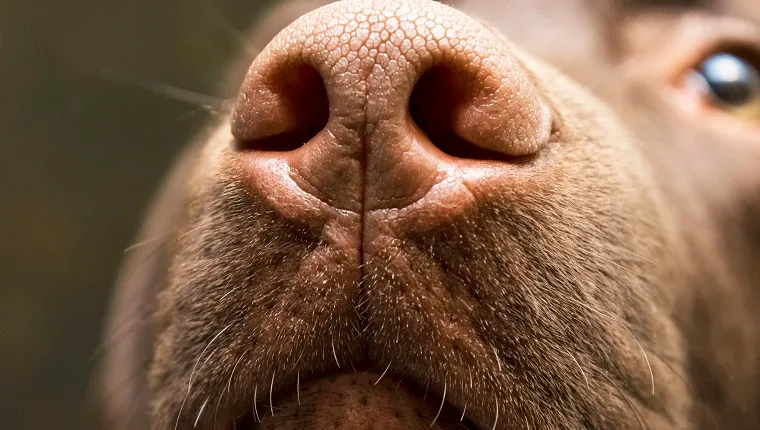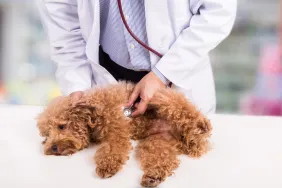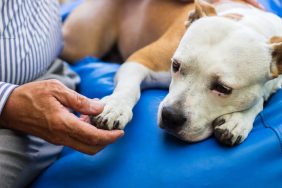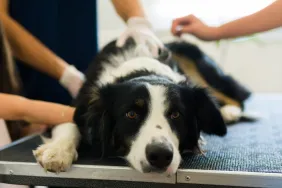It’s no secret dogs have a supreme sense of smell – about 10,000 to 100,000 times as powerful as humans’. Dogs’ impressive snouts were essential for their ancestors, helping them sniff out prey or predators. Today, we train them to detect everything from illicit drugs and firearms to missing people. They can even sense disease.
Dogs Can Detect Many Diseases, From Cancer to COVID-19
A recent meta-analysis from Texas A&M University illustrates just how accurately they can do so. The review, authored by animal welfare scientist Courtney Daigle and colleagues, examines existing studies of dogs’ olfactory abilities.
“This came about because one of our collaborators asked me if I thought we could use dogs to sniff out sick cows,” Daigle told Psychology Today. “I said I didn’t know, but I can speak dog, and we can find out.”
According to the publication, the first report on a dog accurately detecting disease was published in 1989. In this case, a dog persistently sniffed and bit at a mole on their human’s leg. Upon further investigation, doctors determined the mole was a melanoma. This prompted experts to ask whether dogs might be able to detect cancer, among other ailments.
Several subsequent studies have shown dogs can sniff out various illnesses, including but not limited to cancers, seizures, bacterial infections, and COVID-19.
“So far, we haven’t found anything that doesn’t create that odor,” Cynthia Otto, a researcher and veterinarian at Penn State University, told Discover Magazine.
Dogs Get It Right Over 90% Of the Time
Daigle and her colleague Margaret Foster and Ph.D. student Aiden Juge reviewed 58 studies examining dogs’ ability to detect disease or other ailments in humans, other animals, or plants. They found that, overall, the dogs’ median rate of success was in the 90th percentile.
Juge and his colleagues say dogs could detect diseases in environments where resources and time are scant.
“Dogs are very good at screening a lot of samples quickly,” he told Psychology Today. “They could provide a good first-line screening test to identify individuals that may need more accurate laboratory testing. But we need more research seeing how they perform in situations that more closely simulate real-world scenarios.”









